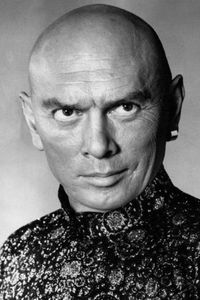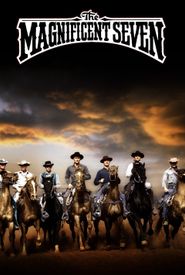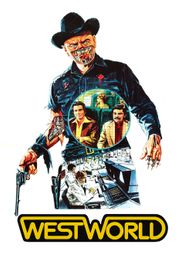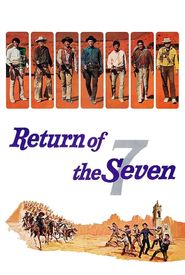Yul Brynner was an American film star known for his bald head and captivating performances. He kept many aspects of his life shrouded in mystery, often presenting false information to those he considered gullible. It wasn't until the publication of his son's books, "Yul: The Man Who Would Be King" and "Empire and Odyssey", that many details of his early life became clear.
Yul Brynner was born on July 11, 1920, in Vladivostok, Russia, to Marousia Dimitrievna and Boris Yuliyevich Bryner. His father abandoned the family, and his mother took him and his sister to Harbin, Manchuria, where they attended a YMCA school. In 1934, his mother moved the family to Paris, where Yuli attended the exclusive Lycée Moncelle, but his attendance was sporadic. He dropped out and became a musician, playing guitar in nightclubs among the Russian gypsies, who gave him a sense of family.
He met influential figures such as Jean Cocteau and became an apprentice at the Theatre des Mathurins. He worked as a trapeze artist with the Cirque d'Hiver company. In 1941, he traveled to the United States to study with acting teacher Michael Chekhov and toured the country with Chekhov's troupe. He made his Broadway debut as Fabian in "Twelfth Night" and later worked in television, starring in the first TV talk show, "Mr. and Mrs.", alongside his wife, Virginia Gilmore.
Brynner then joined CBS as a television director and made his film debut in "Port of New York" in 1949. He became an immediate sensation in the role of the King in "The King and I", for which he won the Oscar for Best Actor. He maintained a starring film career for the next two decades, performing in a wide range of roles, from Egyptian pharaohs to Western gunfighters, often with his signature shaved head and indefinable accent.
In the 1970s, he returned to the role that made him a star, touring the world in "The King and I". When he developed lung cancer in the mid-1980s, he left a powerful public service announcement denouncing smoking as the cause, for broadcast after his death. The cancer and its complications ultimately ended his life. Brynner was cremated and his ashes buried in a remote part of France, on the grounds of the Abbey of Saint-Michel de Bois Aubry. He remains one of the most fascinating, unusual, and beloved stars of his time.





































































